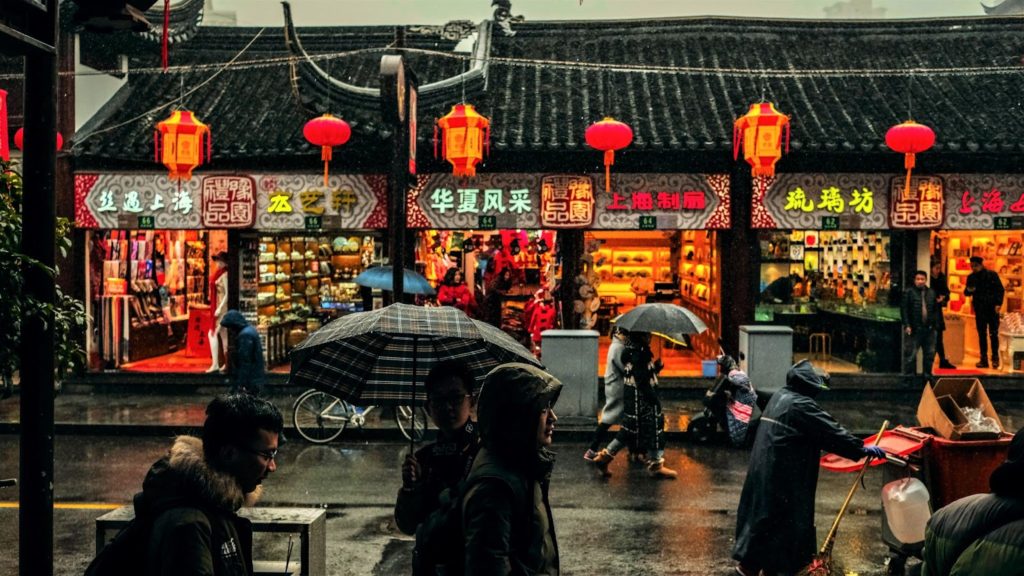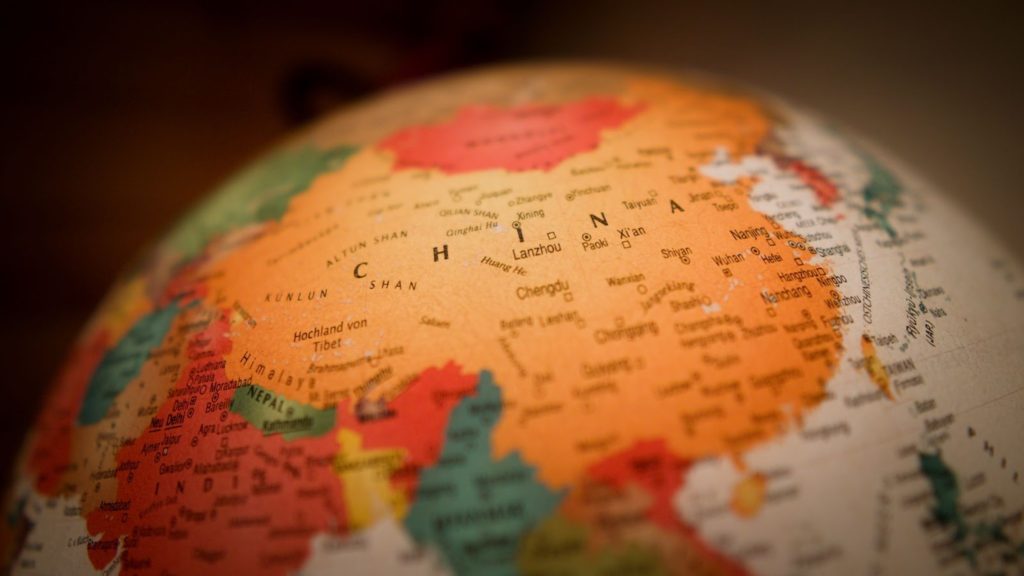
On Tuesday, May 17th, top economic officials in China hosted some of the country’s leading tech industry executives. These aimed to address the increasing economic slump currently hitting the country. Officials have also discussed steps to revitalize the economy and assist the private sector. To achieve that, China is planning new expansions into foreign markets. As a result, these officials have also pledged to ease the tech crackdown to boost the economy.
According to the officials, the change should encompass 3 sectors:
- Oversight
- Foreign cooperation
- Growth investments
Yet, analyst for Trivium China, Linghao Bao, explained that this is not a change in policy. Rather, the next six months will be a testing period for the government in Beijing. During this time, the country will loosen its control over domestic tech companies.
The tech crackdown reduction is not supported by any express policy change. Working against the instructions declared by the politburo would still bring about severe repercussions. That was clear from the case of Jack Ma, the owner of Alibaba. Yet, in this period of tech crackdown reduction, the government will allow more from private companies and government platforms. After that, China hopes to keep the good results once the global economy stabilizes.
Global Economic Decline Troublesome for the Central State
China did not join the current sanctions by the West on Russia and Belarus. That means the country likely will not suffer from the possible food, natural gas, and other material shortages. However, the issues of global economic decline are still troublesome for the authorities in Beijing.
Due to the increased gas prices, exports from China to the US have taken a dip. The United States is the country’s biggest trading partner making 17.2% of all Chinese exports in 2021, or $521 billion in total. As a result, this has affected the domestic economy.
Other large Chinese trading partners such as Japan, Germany, and the Netherlands have also experienced an economic slowdown. In turn, this has lowered trade volumes with these nations. For companies in China, this can indicate job losses, which will only exacerbate the slump.
The tech crackdown reduction aims to counter these issues. It should simultaneously grow the domestic market and allow private tech companies to explore cooperation abroad. The latter option has been, for a long time, against the state’s instructions. However, it will now become the best option for many Chinese businesses.
Politburo Decided on the Changes on Wednesday
As shown by China’s state broadcaster CCTV, the vice-premier of China, Liu He (刘鹤), met with domestic tech industry leaders. He discussed what they needed to do to support the State in fighting the current economic slowdown.
Liu has pledged to make policies that are beneficial to the market. He did not, however, elaborate on exact policies. Industry leaders present at the meeting also did not provide any commentary on anything discussed behind closed doors.
Analysts familiar with Chinese policy-making have commented on this new tech crackdown reduction. They explain that short-term decisions are almost always this vague. This also indicates the diminished tech crackdown would not become part of the official country policy. Rather, this change is an under-the-table deal between the private industry leaders and the State. The deal simply states tech leaders will get more freedom to explore options. After that, the government will see what happens. China may change its policy if the tech crackdown reduction benefits the State and the economy.

Lower Oversight and Control Rules
The biggest issue with Chinese tech companies, in general, is that the sector cannot operate outside the bounds set by the current government policy. In difficult times, this limits the market’s reaction to situations like last week’s market slump.
For Chinese tech companies, this may not directly improve their business, but it is still a major opportunity that does not come often.
Lower oversight means the tech crackdown started by president Xi Jinping will be somewhat on hold. Vast resources have gone to removing unwanted elements, especially from social media platforms. Now, tech companies will only focus on the most essential listings, but they’ll leave the rest to themselves.
This development may reduce the overhead costs most Chinese social media platforms experience. It may also lead to more users due to increased trust.
Additionally, the private tech sector is welcome to explore ventures in foreign markets in South East Asia and Africa. That may prove to be the biggest benefit for these companies since their inception. Combined with a more liberal approach to platform restrictions, the result may be the adaptation of Chinese tech in these new markets.
Positive Impact on the Market
Chinese market shares fell sharply due to a new Covid-19 scare in the country. On Tuesday, shares reached their lowest point since 2016. Yesterday, though, industry leaders showed faith in the new tech crackdown rules. Following that, the market jumped over 9%, adjusting from the previous drop.
We can also see a positive impact on the CSI 300, which has experienced a 4.3% spike after falling almost 13% since the Ukraine war in February. Still, the Shenzhen Stock Exchange trend does not inspire confidence among investors. The market is slowly approaching pre-2020 numbers.

Less Will Change Than Most Think
Although the news has reinvigorated Chinese stock markets and investors, it would be incorrect to assume that a lot will change in the overall Chinese policy. Beijing likely won’t loosen its control, and the economy and tech will remain under state control.
The best-case scenario would be the expansion of Chinese tech giants and social media into new markets. In that case, the State would allow such ventures in the future. That said, it is an overstatement that Chinese social media would deviate from the politburo’s design.



